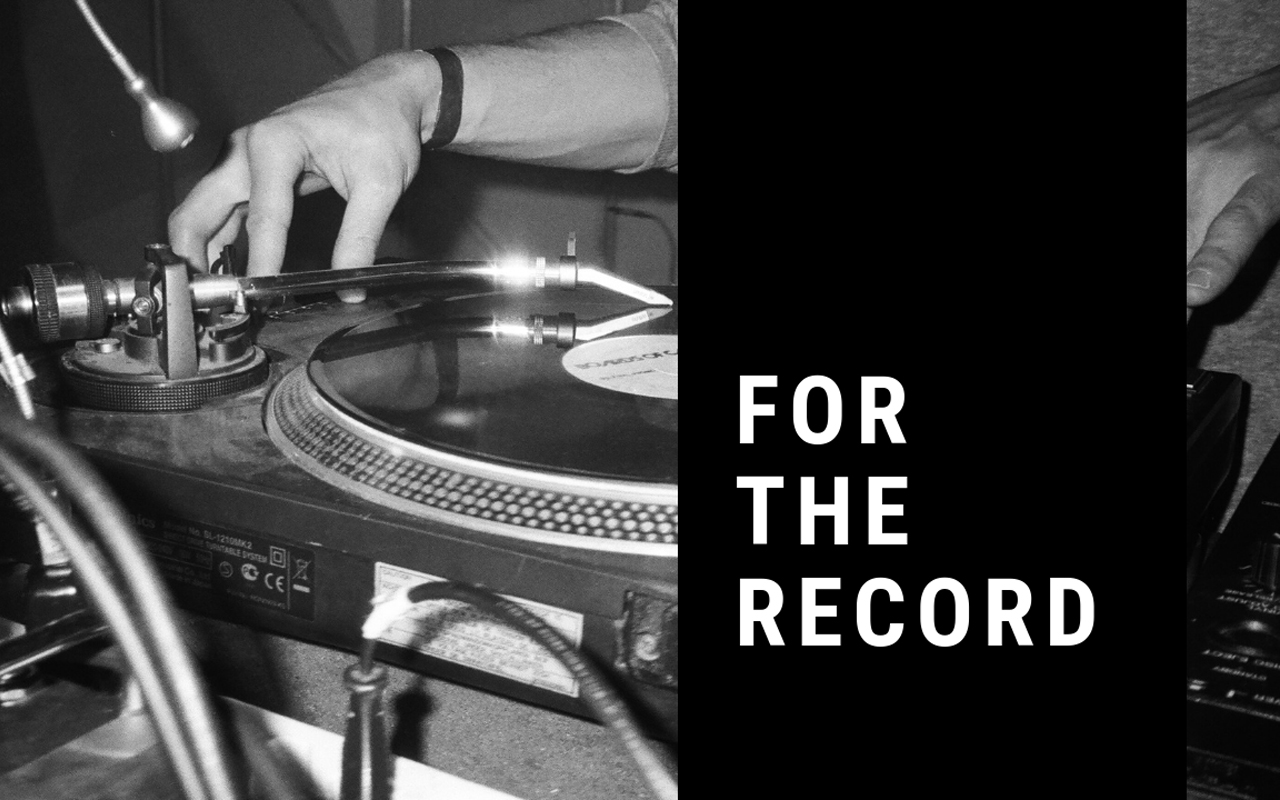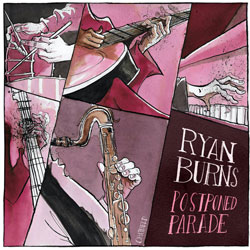
Ryan Burns
Postponed Parade
SELF-RELEASED

For his latest, keyboardist Ryan Burns’ newest brings us some ‘70s funk for a sundry taste of Seattle soul revival. Also an accomplished bassist and teacher, Burns recruited locals like Skerik, Steve Treseler (saxophones), and Jason Goessl (guitar) to record a series of singles. The results, collected here, are remarkably cogent despite the physical separation from our ongoing quarantine.
Burns’ collaborative spirit and efficient compositions paint evocative pictures. Drummer Max Holmberg states the core bass-snare alternation with the funky opener, “Up & Up,” which features warbling stereo synth solos by Burns. Skerik delivers a shivering solo on the song’s ratcheting harmonies, juxtaposed by descending blues lines.
The slick blues number “Boogaloo Bird” follows, featuring guitarist Cole Schuster’s understated vintage blue-note tone. Mark Taylor lends his smooth garnishings on alto to the redemptive fusion ballad “Night School,” also featuring work by trombonist Jacob Herring. On “Subdued Mood,” percussionist Thione Diop brings his intricate work on the talking drum over Burns’ afro-beat style bass and keyboards.
Featuring the chameleonic Treseler, the title track is a free-wheeling tune the type of which Stanley Turrentine might have juiced for its calypso bounce. A little less tongue-in-cheek, Michael Glynn (bass), Matt Jorgenson (drums), and Brian Monroney (guitar) bring the erratic grit of a real working group on “Shoreline,” a mean modal tune with hints of McCoy Tyner. Monroney’s floating harmonies and dissonances, like wisps of clouds and the curb of light, recreate the area’s suburban pastoral.
For his solo, Harper’s thrumming strings emerge like a skeleton from a whole body of thoughts, wordlessly pronouncing the bottom of things—as if even the decay of sound is a matter of spirit. It’s a stark path, but the group seamlessly veers back to the head. That’s long been the business of music, one Burns and his local soul-strutters let sink in as they wait out the long delay to their next live performance.
–IAN GWIN